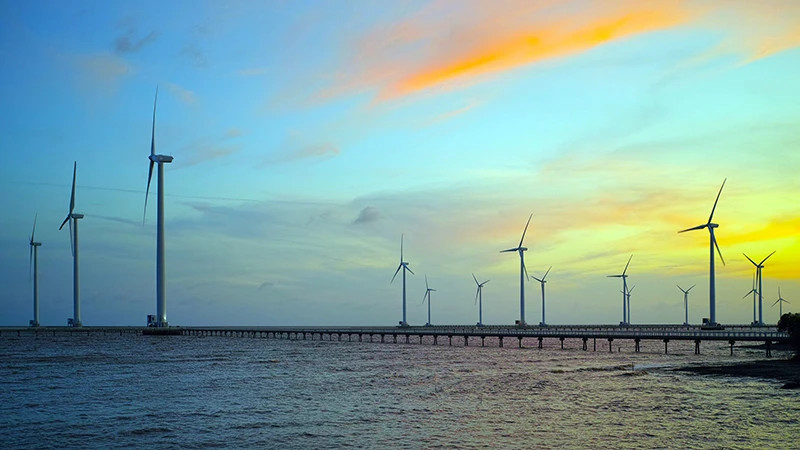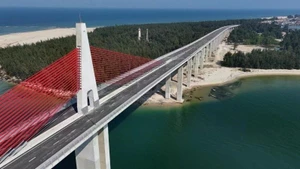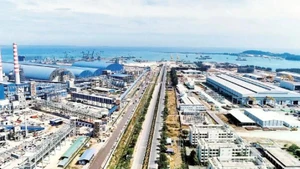According to the Ministry of Natural Resources and Environment, many research programmes and projects have yielded positive results, serving the marine economy effectively. Notably, the Science and Technology Programme for Integrated Resource Management, Marine and Coastal Environment Protection for the 2016-2020 period has drafted regulations on mechanisms and policies for integrated resource management and environmental protection of marine and island areas.
The research topics have contributed to establishing principles, methods, and criteria for integrating basic investigation activities of marine and island resources and environments; setting up coastal protection corridors; classifying island resources, and more. The research results from the programme have proposed technologies, methods, and computational models applicable to basic investigations, resource control, environmental protection of marine and island areas, climate change adaptation, and addressing environmental and natural disaster issues at sea.
Additionally, the national key science and technology programme on marine and island management and marine economic development for the 2016-2020 period has developed databases, models, and technological solutions for advancing the marine economy. Notable examples include sustainable development models for river delta regions and island systems; technologies for harvesting, aquaculture, and processing marine biological resources; solutions to coastal erosion mitigation; and meteorological, environmental, and marine disaster forecasting technologies.
Experts in marine economics have assessed that scientific and technological research has identified and clarified fundamental characteristics of natural conditions, natural resources, and marine environments. These studies have evaluated potential and forecasted prospects for sustainable development of the sea and marine economics.
Notably, some results from new research directions have provided scientific grounds and evidence for marine planning and the establishment of marine protected areas, contributing to the implementation of international conventions that Vietnam is a part of. Science and technology have also played a significant role in environmental protection, marine resource conservation, and disaster prevention, as well as in safeguarding marine rights and interests.
A range of marine technologies has been applied across various sectors, including oil and gas, seafood, shipping, marine construction, coastal engineering, marine surveying and mapping, and marine geology. These applications have contributed to resource production and extraction as well as to maintaining maritime security and defence.
Importantly, research has positively impacted the marine economy and coastal and island communities; improved the efficiency of deep-sea fishing; contributed to environmental protection and aquaculture development; and helped reduce poverty, creating domestic and export products. Scientific and technological research has also been crucial in helping localities plan for effective economic and social outcomes, reducing poverty, and achieving sustainable development related to the marine economy.
Nguyen Duc Toan, Director of the Vietnam Department of Marine and Island Affairs (under the Ministry of Natural Resources and Environment), stated that although there have been many positive results, the actual quality of research remains uneven, and the effectiveness of applications is still low. Research activities lack professionalism, with research content being superficial and scattered. Notably, scientific research and technology applications are concentrated in coastal areas, with very limited focus on deep-sea and distant maritime regions.
Therefore, marine science and technology must effectively address the requirements and goals outlined in the Strategy for Sustainable Development of Vietnam's Marine Economy to 2030, with a Vision to 2045. Scientific research and technology applications should aim to meet the key criteria for sustainable marine economic development, specifically by operationalising the major viewpoints, goals, strategies, breakthroughs, and primary solutions for Vietnam's sustainable marine economy as outlined in the Party’s resolutions and government programs and plans.
Both the science and technology and the natural resources and environment sectors need to expand scientific and technological tasks related to marine and island areas. This expansion is essential to enhance the positive contributions of science and technology towards sustainable marine economic development.
















